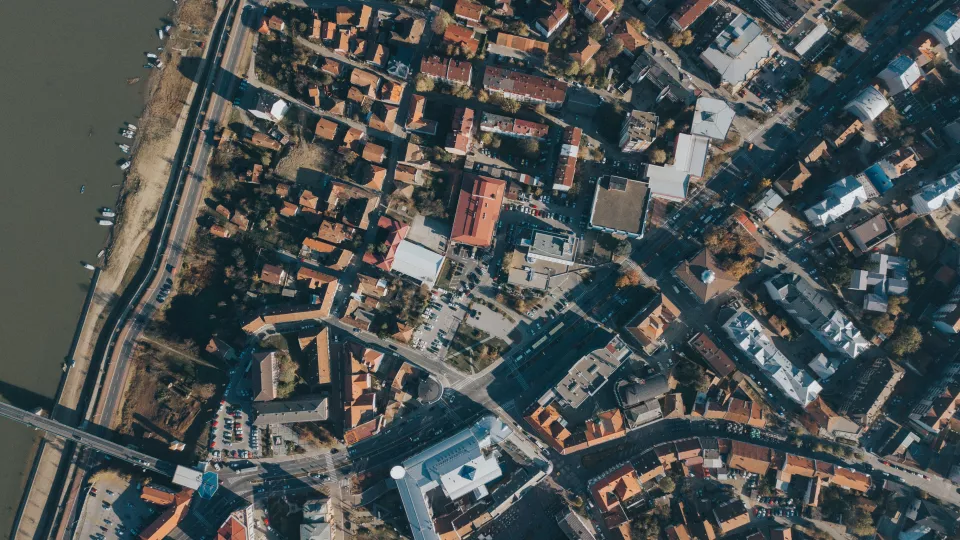A model for developing and building places through human memory
Elisabeth Högdahl, Anja Petersén och Ola Thuvfesson
About the project:
The project A Model for Developing and Building Places Through Human Memory, aims to advance the model for place development that was developed in the research project History as Starting Point for Innovative City Development. The objective is to make this place development model complete and transform it into a useful toolbox. The research project took place in 2017-2019 by Lund University and the town of Helsingborg: researchers, communicators, planers and citizens of Helsingborg. Modern town planning characterizes of large perspectives. Planners try to connect and reach the people they are planning for through abstract master plans as well as local plans, down to the architecture and the formation of peoples living environments. The research project created a model that radically changed this perspective. Instead, as a starting point for development, it uses people’s experiences and memories of a place. It is however, not yet an altogether easy model to use. In dialog with professionals and interestgroups and by testing the model itself, this project aims to make it more manageable and user friendly for diverse professions in different contexts: process leaders, planers, building companies and architects. Our goal is to streamline the content as well as making it user friendly. The positive effects are many: the model will create participation, recognition and ownership by the citizens. This project will also ensure places with a more unique identity.
Fishing for solutions: from research to practical experiments for setting common goals for rural coastal development in Sweden
Ida Wingren och Sebastian Linke
About the project:
This project’s objective is to transfer existing and newly gathered knowledge from academia for practical experimental application in sustainable coastal community development in Sweden. Our current research shows that if regional aspects should be accounted for in fisheries and coastal development, regional and local actors’ roles need to get formalized for defining and achieving sustainable fishing communities. In this project we will use participatory approaches to develop and test methods and procedures of goal-formation under conditions of socio- cultural complexity, which involve different stakeholder interests and, at times, conflicting perspectives on what the problem is, and how goals and objectives should be formed. To achieve this we i) collect experiences and develop methods for agreeing on and setting common goals for sustainable transformations in Swedish coastal fishing communities, ii) test procedures to set goals among users and between users and government officials in “local arenas” and iii) create a catalogue of lessons on those methods and procedures including the roles of different actors in the process of achieving more sustainable community development. The achievements from the project will be useful for local stakeholders, researchers and government officials involved in policy-making and public engagement processes, and, not least, for decision-makers recognizing the need to understand who is affected by the decisions and actions taken.


